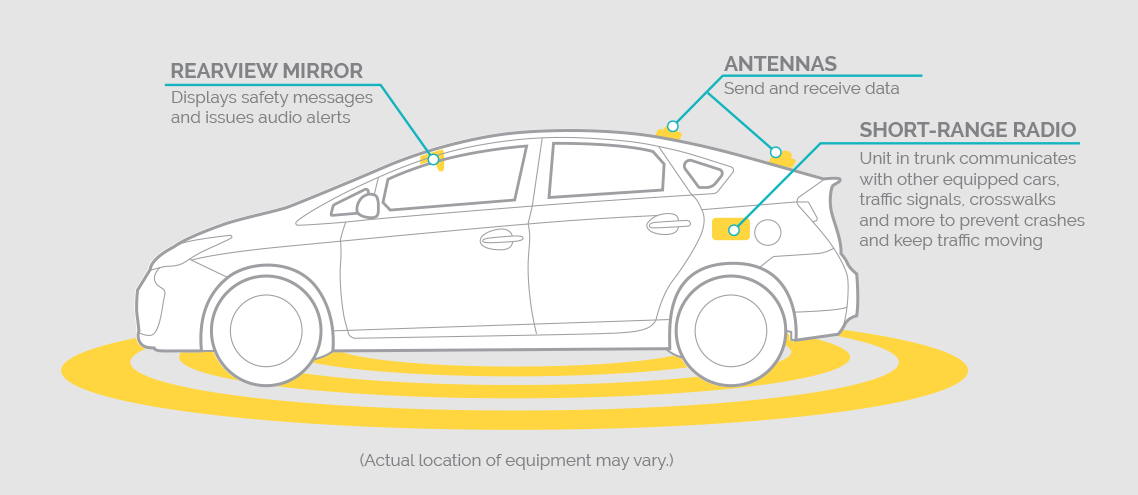Tampa Demos Connected Vehicle Project in Step to Becoming a Smart City
Dreamit Brief
- Tampa is outfitting a fleet of 1,600 privately owned vehicles with technology that will communicate with roadways and other cars in order to receive various warnings and alerts about roadway conditions, speed limit changes, dangers and more. The project also will connect 10 buses in the area to communicate with traffic signals, which will then prioritize the buses’ movements so they can stay on schedule.
- Tampa is one of three pilot locations for the Department of Transportation and is the only one of the three Connected Vehicle projects involving local residents driving their own cars. Tampa beat out a number of other cities to receive $21M in grant funding from the DOT.
- Tampa is also the home of Dreamit's UrbanTech accelerator program, which seeks to integrate startups building smarter cities into a network of enterprise customers in real estate, design, engineering, architecture, construction, and government.
Dreamit Insights
Tampa is rapidly becoming a smart city. With funding from the Department of Transportation, the Tampa Hillsborough Expressway Authority (THEA) and its partners are bringing connected vehicle technology to Tampa’s downtown. Cars or trucks equipped with connected vehicle technology “talk” wirelessly to other vehicles, traffic signals, crosswalks and more. This wireless communication can help prevent crashes, keep traffic moving and even improve fuel efficiency.
By mid-2018, THEA will equip 10 buses, 10 streetcars and the cars of 1,600 individual volunteers with this exciting new technology to make downtown Tampa a safer, smarter place to walk, ride and drive. Some of the things residents can expect:
- Drivers will have a smart rearview mirror that communicates alerts about the flow of traffic, speed limit changes, and obstructions in the roadway.
- Antennas on cars will send and receive data to other cars and crosswalks.
- 40 roadside units developed by Siemens will send data to the city's Transportation Management Center using a dedicated short-range communication technology (DSRC).
The data from the project will promote safer driving, and insurance companies may one day incentivize this tech for their customers. In addition, the city can use the data to improve infrastructure around areas where drivers have accidents are even near misses.
Read more about DOT's connected vehicle pilots in NYC and Wyoming.

